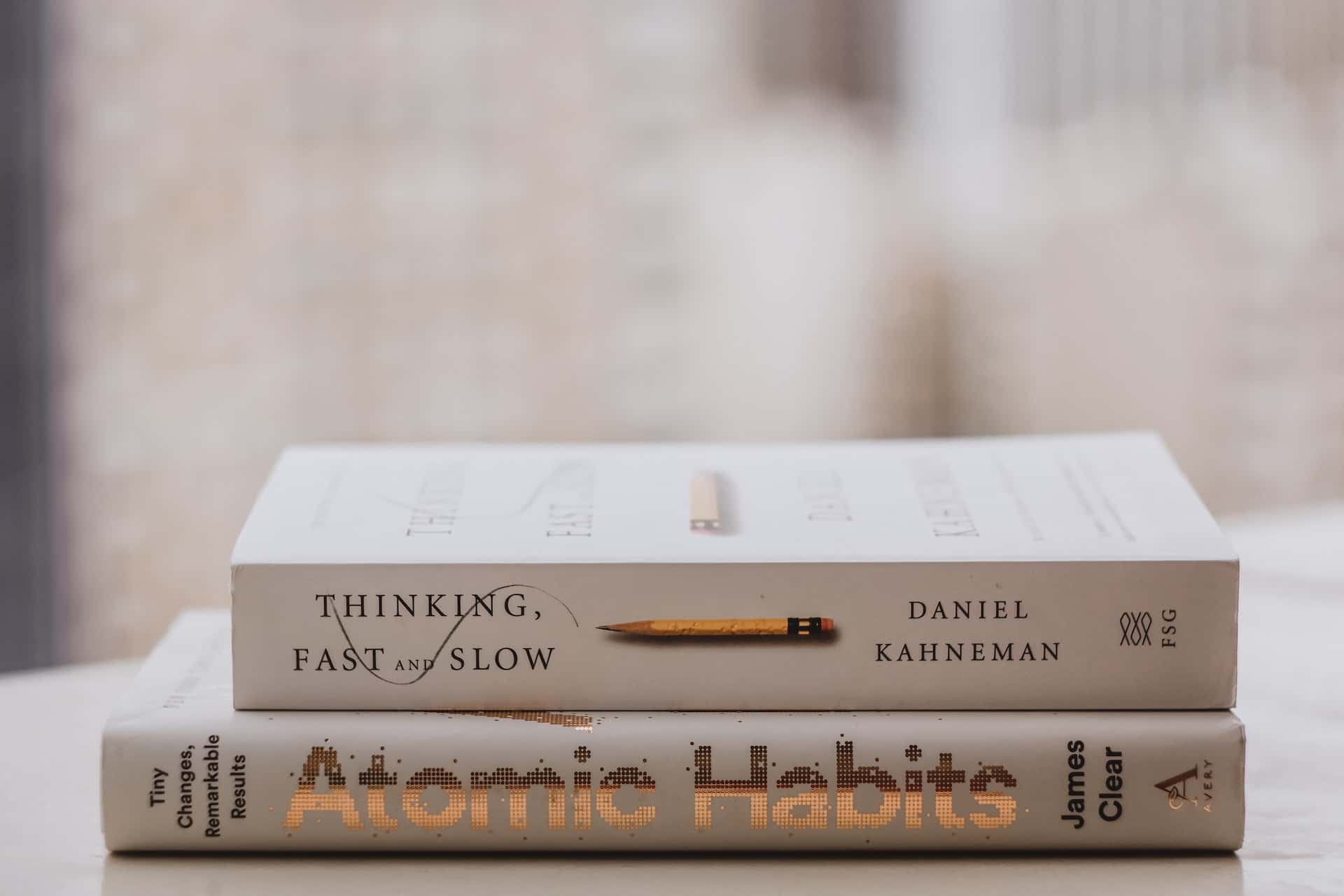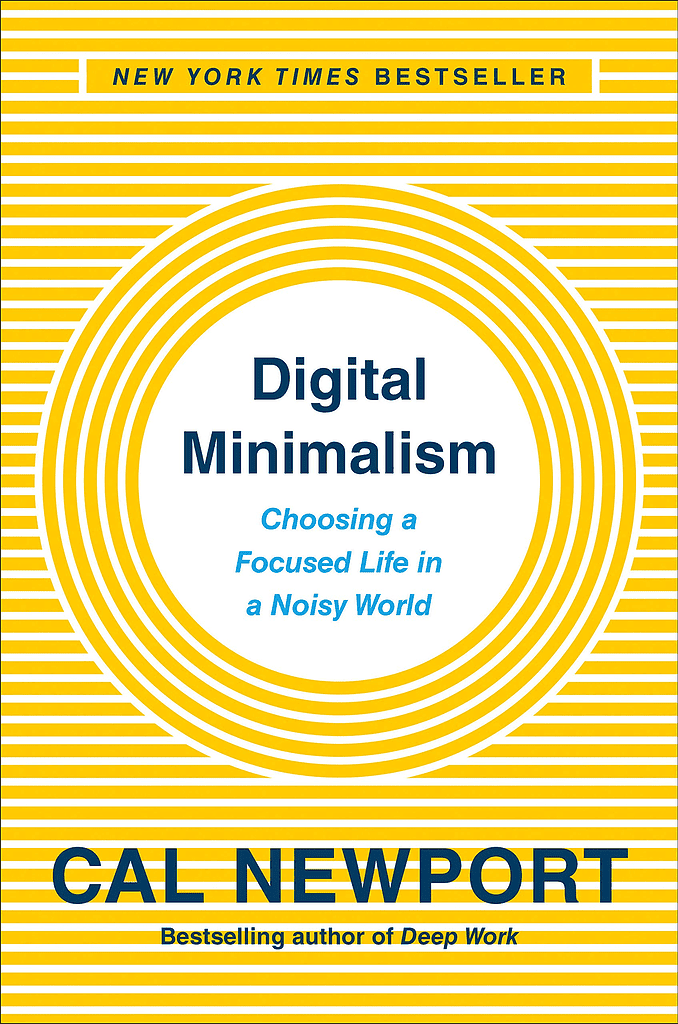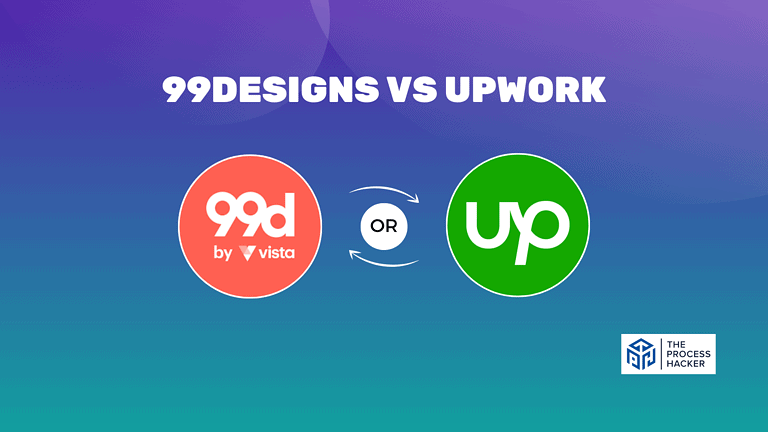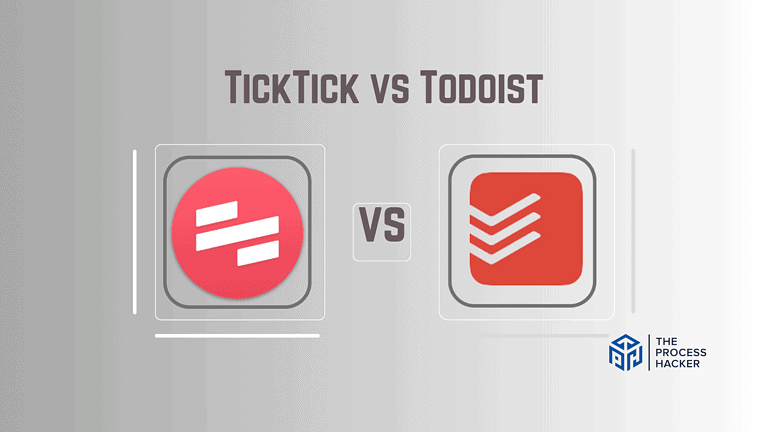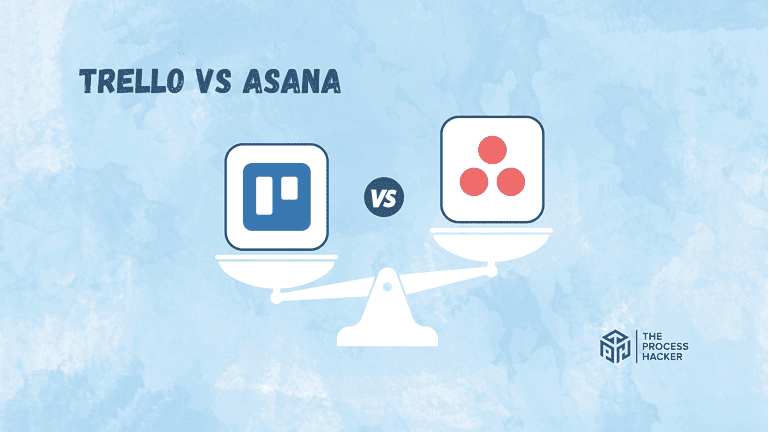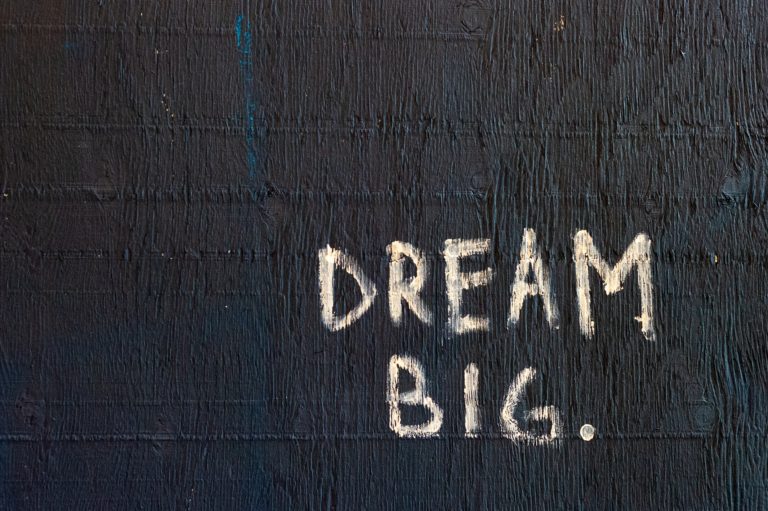The 20 Best Productivity Books To Help You Get More Done
Do you want to get more done during the day? In this post, we share 20 of the best productivity books out there and why you should read them.
Are you looking for ways to get more done during the day? If so, you may want to consider reading one of the best productivity books out there. These productivity books can help you learn how to manage your time better, set priorities, and stay organized. In this article, we will discuss 20 of the best productivity books and why they are worth reading.
What are the Best Habits Books?
So, what are the best habit books out there?
1) Atomic Habits: An Easy & Proven Way to Build Good Habits & Break Bad Ones by James Clear
“Every action you take is a vote for the type of person you wish to become. No single instance will transform your beliefs, but as the votes build up, so does the evidence of your new identity.”
James Clear’s Atomic Habits became an instant classic and is one of my favorite productivity books that helps you break bad habits and develop good ones. The book starts by explaining the knowledge surrounding how habits work, specifically with the habit loop of a cue, craving, routine, and reward.
Clear then goes on to describe how we can change our productivity habits by changing our cues and rewards. He provides actionable tips for making small changes that can lead to big results. Atomic Habits is an easy-to-read and highly effective guide to becoming the best version of yourself.
2) Deep Work: Rules for Focused Success in a Distracted World by Cal Newport
“If you don’t produce, you won’t thrive—no matter how skilled or talented you are.”
Cal Newport’s Deep Work prescribes a path to success in today’s economy. Deep Work is the ability to focus without distraction for extended periods on a cognitively demanding task. It is a skill that is becoming increasingly rare as the world moves more and more towards a state of constant distraction.
Newport argues that Deep Work is the key to success in today’s economy, and provides readers with a framework for how to achieve it. The book offers practical advice on how to overcome the obstacles to Deep Work, and how to make it a habit. Deep Work is an essential read for anyone looking to master difficult tasks and achieve success in today’s world.
3) Getting Things Done: The Art of Stress-Free Productivity by David Allen
“If you don’t pay appropriate attention to what has your attention, it will take more of your attention than it deserves.”
Getting Things Done is a productivity and time management book by best-selling author David Allen. It became a Wall Street Journal Best Seller and has sold over two million copies. In Getting Things Done, Allen proposes a system for organizing and completing tasks which he calls the “Getting Things Done” or “GTD” system.
The core principle of GTD is that by clarifying what we need to do and breaking it down into actionable steps, we can reduce stress and increase our productivity. David Allen’s Getting Things Done offers readers a step-by-step guide to implementing the GTD system in their own lives. The book has been praised by many as an effective tool for increasing productivity skills, and its popularity has resulted in spin-off products, including to-do list apps, software, and even office supplies.
4) The Checklist Manifesto: How to Get Things Right by Atul Gawande
“Good checklists, on the other hand, are precise. They are efficient, to the point, and easy to use even in the most difficult situations. They do not try to spell out everything. Instead, they provide reminders of only the most critical and important steps–the ones that even the highly skilled professional using them could miss. Good checklists are, above all, practical.”
Atul Gawande’s The Checklist Manifesto explores the importance of checklists in achieving success. The book discusses how checklists can be used in a variety of settings, from aviation to medicine, to help people avoid mistakes and achieve their process-oriented goals.
This book offers a practical approach to using checklists, with advice on how to create effective lists and integrate them into everyday workflows. The book also includes case studies of successful checklist use, as well as stories of checklist failures.
5) Essentialism: The Disciplined Pursuit of Less by Greg McKeown
“Essentialism is not about how to get more things done; it’s about how to get the right things done. It doesn’t mean just doing less for the sake of less either. It is about making the wisest possible investment of your time and energy in order to operate at our highest point of contribution by doing only what is essential.”
In Essentialism, Greg McKeown argues that we need to learn to focus on the things that are truly essential in our lives, and let go of everything else. He lays out a case that our current culture of over-commitment and constant multitasking is actually counterproductive, and that we need to learn to build self-discipline and focus on only the things that are most important.
McKeown provides readers with some practical tools for Essentialism, including how to identify what is essential, how to set priorities, and how to let go of non-essentials and broken promises. Essentialism is a timely and important book that offers readers a much-needed dose of clarity and focus in our fast-paced world.
6) The ONE Thing: The Surprisingly Simple Truth Behind Extraordinary Results by Gary Keller
“Make sure every day you do what matters most. When you know what matters most, everything makes sense. When you don’t know what matters most, anything makes sense.”
Gary Keller’s The One Thing promises to help readers achieve success by identifying and focusing on one thing. The book starts by asking the reader to imagine their life in ten years and identify what they would like to have accomplished by then. The reader is then asked to work backwards, identifying the steps they would need to take to achieve their goal.
The One Thing is based on the premise that if we can identify our one thing and make it a priority, we can achieve extraordinary results. The book includes case studies and examples of people who have been successful in various fields, as well as tips for how to overcome common obstacles.
7) The Seven Habits of Highly Effective People: Powerful Lessons in Personal Change by Stephen Covey
“But until a person can say deeply and honestly, “I am what I am today because of the choices I made yesterday,” that person cannot say, “I choose otherwise.”
The Seven Habits of Highly Effective People is a self-help book written by Stephen Covey. The book has sold over 25 million copies and has been translated into 38 languages.
The habits are as follows:
- Be Proactive
- Begin with the End in Mind
- Put First Things First
- Think Win-Win
- Seek First to Understand, Then to Be Understood
- Synergize
- Sharpen the Saw
The book has been praised for its simple and effective approach to personal change. It has helped people from all walks of life achieve greater success and happiness.
8) The Power of Habit: Why We Do What We Do in Life and Business by Charles Duhigg
“Change might not be fast and it isn’t always easy. But with time and effort, almost any habit can be reshaped.”
In The Power of Habit, Charles Duhigg explores the science of habit formation and how it can be used to improve our lives.
The power of habit comes from the fact that once a habit is formed, it becomes automatic and requires little effort to maintain. This frees up our mental energy to focus on other things. The key to harnessing the power of habit is understanding how habits are formed in the first place.
Based on scientific discoveries, there are three parts to every habit: the cue, the routine, and the reward. Once we understand how these three elements work together, we can start to change our habits for the better.
9) The War of Art: Break Through the Blocks and Win Your Inner Creative Battles by Steven Pressfield
“There’s a secret that real writers know that wannabe writers don’t, and the secret is this: It’s not about writing; it’s about overcoming resistance.”
The War of Art by Steven Pressfield is a guide for artists who want to overcome creative blocks and achieve success. The book is divided into three sections: The Nature of the Artist, The Perils of the Artist, and The Triumph of the Artist.
In The Nature of the Artist, Pressfield discusses the unique challenges that artists face in pursuing their craft. The Perils of the Artist explores the various ways in which artists can become blocked, and The Triumph of the Artist offers strategies for breaking through these blocks. Overall, The War of Art is an inspiring and practical guide for anyone who wants to overcome creative blocks and achieve success in their field.
10) Eat That Frog: 21 Great Ways to Stop Procrastinating and Get More Done in Less Time by Brian Tracy
“If you have to eat two frogs, eat the ugliest one first. This is another way of saying that if you have two important tasks before you, start with the biggest, hardest, and most important task first.”
Brian Tracy’s Eat That Frog is a self-help book that provides 21 excellent ways to overcome procrastination and get things done. The book is based on the premise that our human nature is to procrastinate on our most challenging task, resulting in unfinished work and wasted time.
In Eat That Frog, Brian Tracy helps readers overcome this habit by providing practical strategies for setting priorities, overcoming procrastination habit, and staying motivated. In addition, the book includes helpful tips for mastering difficult tasks, self-management, and goal setting.
11) Digital Minimalism: Choosing a Focused Life in a Noisy World by Cal Newport
“To best understand digital minimalism, it helps to first contrast it with two related but distinct philosophies that have influenced how many of us live and work today: information dieting and technology fasting.”
As the world becomes increasingly digitized, it can be easy to feel overwhelmed by the constant noise. In Digital Minimalism, Cal Newport explores the concept of living with less digital clutter and distraction in order to focus on what’s truly important. Newport begins by discussing the history of minimalism, both as an aesthetic movement and as a lifestyle choice.
He then argues that the same principles can be applied to our use of technology. Digital minimalism, he writes, is not about giving up technology altogether, but rather about using it in a more intentional and focused way. By decluttering our digital lives, we can free up time and energy to pursue the things that really matter to us.
12) Effective Executive: The Definitive Guide to Getting The Right Things Done Author by Peter Drucker
“It is more productive to convert an opportunity into results than to solve a problem – which only restores the equilibrium of yesterday.”
In The Effective Executive, management consultant Peter Drucker provides a framework for thinking about and approaching executive work. He breaks this down into two categories: what he terms the “essential” and the “contingent.” The essential elements of effective executive work are time management, setting priorities, and making decisions. The contingent elements are everything else that goes into executive work, such as planning, budgeting, and reporting.
By understanding and focusing on the essential elements of effective executive work, Drucker argues, executives can be more successful people in their jobs. This book provides a helpful framework for understanding and approaching executive work, and is, therefore, a valuable resource for anyone in a leadership role.
13) The Productivity Project: Accomplishing More by Managing Your Time, Attention, and Energy by Chris Bailey
“Busyness is no different from laziness when it doesn’t lead you to accomplish anything.”
The Productivity Project by Chris Bailey is a book that explores the idea of time management and details how to better manage one’s time, attention, and energy in order to be more productive.
You can improve your time management by understanding how you work best and then organizing your time accordingly. For example, some people work best in the morning, while others find that their productivity levels peak in the evening.
The book also stresses the importance of taking breaks and making free time for guilt-free play activities, as these can actually help improve productivity in the long run.
14) The Power of Full Engagement: Managing Energy, Not Time, Is the Key to High Performance and Personal Renewal by Jim Loehr and Tony Schwartz
“Time is a finite resource; energy is not…The best way to get more done is not to work harder or longer but to renew and recharge your energy.”
The Power of Full Engagement argues that managing energy, not time, is the key to high performance and personal renewal. The book teaches readers that we all have four core sources of energy: physical, emotional, mental, and spiritual. The authors argue that we need to learn how to replenish our energy in order to sustain peak performance.
The book provides practical tools for managing their energy, including productivity tips on how to get better sleep, how to improve nutrition, and how to create rituals for renewing energy. The book also includes case studies of athletes, executives, and other high performers who have used these techniques to optimize performance.
15) Manage Your Day-to-Day: Build Your Routine, Find Your Focus, and Sharpen Your Creative Mind by Jocelyn K. Glei
“Like it or not, we are constantly forced to juggle tasks and battle unwanted distractions—to truly set ourselves apart, we must learn to be creative amidst chaos.”
Manage Your Day-to-Day is a book by Jocelyn K. Glei that provides readers with advice on how to build and maintain a productive routine.
The book starts by discussing the importance of focus and provides tips on how to identify and eliminate distractions. Then, it discusses the role of routines in maintaining productivity and offers advice on how to create a routine that works for you.
Finally, the book explores the relationship between creativity and productivity and provides useful tips for sharpening your creative mind.
16) Free to Focus: A Total Productivity System to Achieve More by Doing Less by Michael S. Hyatt
“For real productivity, however, we need to prioritize people. You’re a human being, not a human doing.”
In Free to Focus, Michael Hyatt covers a wide range of topics related to time management, including goal setting, scheduling, delegation, and time tracking.
Free to Focus includes a variety of practical tips and strategies that can be implemented into one’s life to help improve time management skills. The book also incorporates case studies and stories from Hyatt’s own life to illustrate the principles he discusses.
Overall, Free to Focus is an informative and practical guide that can help readers improve their productivity and better manage their time.
17) The 80/20 Principle: The Secret to Achieving More with Less by Richard Koch
“The way to create something great is to create something simple.”
The 80/20 Principle sets out Richard Koch’s thesis that, in many areas of life, 80% of the effects come from 20% of the causes. The principle is also known as the Pareto Principle, after the Italian economist Vilfredo Pareto, who first identified it.
The 80/20 Principle has been used to explain a wide range of phenomena, including the distribution of wealth, company resources, and time management. The book provides a detailed explanation of how the principle works and how it can be applied in different areas of life.
18) The 12 Week Year: Get More Done in 12 Weeks than Others Do in 12 Months by Brian P. Moran
“The number-one thing that you will have to sacrifice to be great, to achieve what you are capable of, and to execute your plans, is your comfort.”
In The 12 Week Year Brian P. Moran provides readers with a new way of thinking about time and goal setting. The book’s premise is that most people are only able to achieve a fraction of their potential because they think in terms of months and years.
The 12 Week Year challenges readers to think differently, and instead focus on what can be accomplished in just 12 weeks. The book provides readers with a step-by-step guide to setting goals, staying focused, and taking action. The 12 Week Year has been praised by many as an effective way to get twice the work done in half the time.
19) Flow: The Psychology of Optimal Experience by Mihaly Csikszentmihalyi
“Most enjoyable activities are not natural; they demand an effort that initially one is reluctant to make. But once the interaction starts to provide feedback to the person’s skills, it usually begins to be intrinsically rewarding.”
In Flow, Mihaly Csikszentmihalyi discusses the concept of flow, or the mental state of complete absorption in an activity. Flow experiences are often characterized by a sense of effortless self-control, focus, and enjoyment.
According to Csikszentmihalyi, flow is a state that can be achieved in any number of activities, from work to play to creative endeavors. Flow experiences are often positive and satisfying, providing a sense of meaning and purpose. However, they can also be challenging and demanding, requiring complete focus and attention. Flow experiences can occur spontaneously or be intentionally sought after, but either way, they offer the potential for a rich and fulfilling life experience.
20) The Power of Less: The Fine Art of Limiting Yourself to the Essential…in Business and in Life by Leo Babauta
“Principle 1: By setting limitations, we must choose the essential. So in everything you do, learn to set limitations. Principle 2: By choosing the essential, we create great impact with minimal resources. Always choose the essential to maximize your time and energy.”
Leo Babauta’s Power of Less is all about how limiting yourself to the essentials can help you in business and in life. The book starts off with a story about Babauta’s own journey to simplifying his life. He talks about how he got rid of all the unnecessary things in his life and how it helped him focus on what was truly important.
The Power of Less then goes on to discuss how we can apply this principle to our own lives. Babauta talks about how we can use less to declutter our homes, simplify our work lives, and even improve our relationships. If you are looking for a book that can help you simplify your life, then The Power of Less is definitely worth reading.
Final Thoughts
There you have it, the best productivity books to help you get more done. If you’re looking for a way to improve your productivity, these books are a great place to start. Do you have a favorite productivity book? Let us know in the comments below!
And remember, “someday” is a disease that will take your dreams to the grave with you. Don’t wait, become an avid reader and get after it today.

